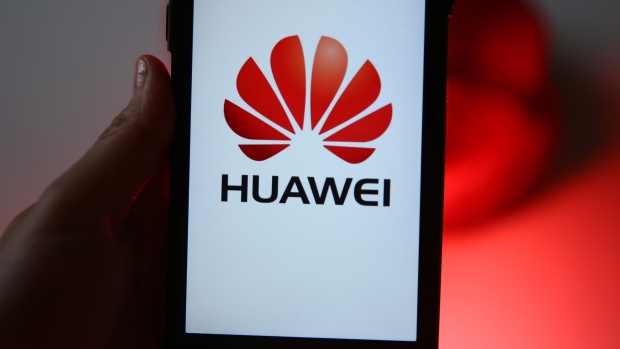Oct 21, 2021
Huawei and SMIC Scored Billions in U.S. Licenses, Lawmakers Say
, Bloomberg News

(Bloomberg) -- Two Chinese companies applied for and received billions of dollars in licenses in recent months to export U.S. technology despite being subject to trade restrictions, according to documents released Thursday by a congressional committee.
The documents show that the U.S. Department of Commerce approved 301 licenses with a combined value of almost $103 billion for Chinese telecommunications company Huawei Technologies Co. and chip manufacturer Semiconductor Manufacturing International Corp.
The department’s Bureau of Industry and Security said in a disclosure to the House Foreign Affairs Committee that the licenses, which were granted between November and April, were issued under a policy developed during the Trump administration and continued under the Biden administration.
Representative Michael McCaul, the top Republican on the committee, said in a statement that he was releasing the information in a bid for openness and said that the granting of licenses, along with recent reports about the Chinese government’s hypersonic weapons program, mean that there should be “more transparency and stricter enforcement when it comes to export controls.”
“Export controls are fundamental in restricting the transfer of technology and goods to our adversaries,” McCaul said. “The recent reports regarding China’s hypersonic program -- that has likely been supported by U.S. technology -- is another frightening wake-up call.”
The Financial Times reported this week that China’s military conducted a test of a rocket using a “fractional orbital bombardment” system to launch a “hypersonic glide vehicle” capable of carrying nuclear weapons on July 27. It followed that up with a second hypersonic test on Aug. 13, the newspaper reported late Wednesday, citing officials it didn’t identify.
Read More: China Tested Two Hypersonic Weapons Over Summer, FT Reports
“The existence of approved export licenses for Huawei and SMIC is not, by itself, sufficient to draw accurate conclusions about the effectiveness of BIS’s licensing policy or to derive meaningful insight into the exports going to these two companies,” the Bureau of Industry and Security said in a statement accompanying the disclosures. It said providing “an arbitrary snapshot in time risks politicizing the licensing process and misrepresenting the national security determinations made by the Departments of Commerce, Defense, Energy, and State.”
The release of the documents by the committee was reported earlier by Reuters.
©2021 Bloomberg L.P.





